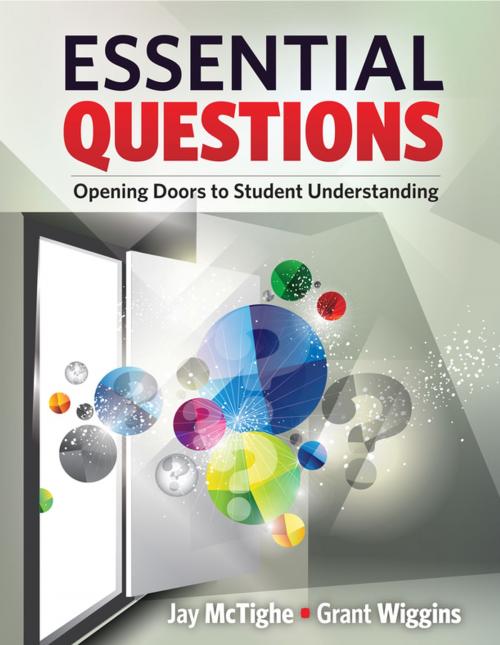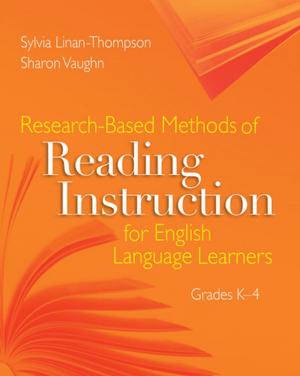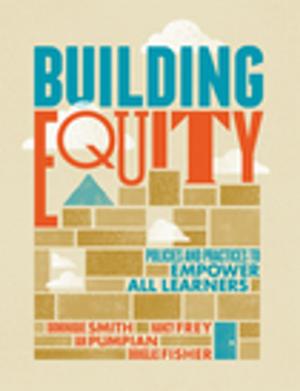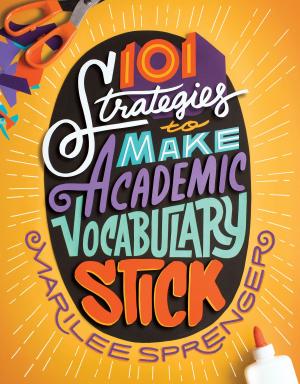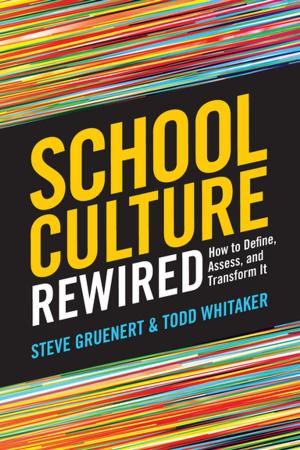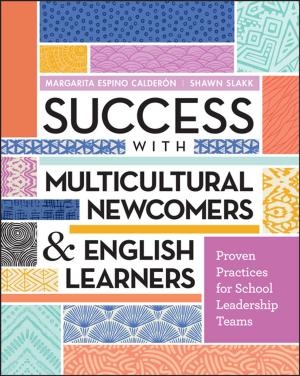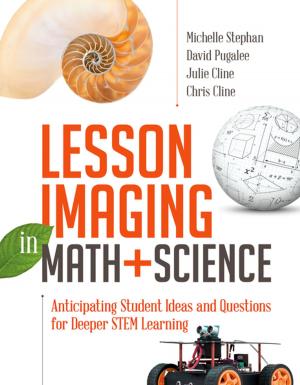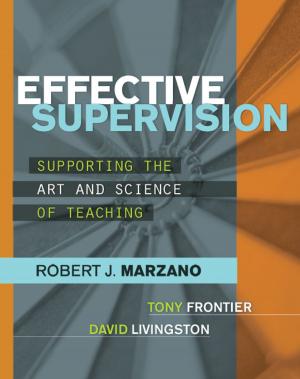Essential Questions
Opening Doors to Student Understanding
Nonfiction, Reference & Language, Education & Teaching, Teaching, Teaching Methods| Author: | Jay McTighe, Grant Wiggins | ISBN: | 9781416615705 |
| Publisher: | ASCD | Publication: | March 27, 2013 |
| Imprint: | ASCD | Language: | English |
| Author: | Jay McTighe, Grant Wiggins |
| ISBN: | 9781416615705 |
| Publisher: | ASCD |
| Publication: | March 27, 2013 |
| Imprint: | ASCD |
| Language: | English |
What are “essential questions,” and how do they differ from other kinds of questions? What’s so great about them? Why should you design and use essential questions in your classroom? Essential questions (EQs) help target standards as you organize curriculum content into coherent units that yield focused and thoughtful learning. In the classroom, EQs are used to stimulate students’ discussions and promote a deeper understanding of the content. Whether you are an Understanding by Design (UbD) devotee or are searching for ways to address standards—local or Common Core State Standards—in an engaging way, Jay McTighe and Grant Wiggins provide practical guidance on how to design, initiate, and embed inquiry-based teaching and learning in your classroom. Offering dozens of examples, the authors explore the usefulness of EQs in all K–12 content areas, including skill-based areas such as math, PE, language instruction, and arts education. As an important element of their backward design approach to designing curriculum, instruction, and assessment, the authors *Give a comprehensive explanation of why EQs are so important; *Explore seven defining characteristics of EQs; *Distinguish between topical and overarching questions and their uses; *Outline the rationale for using EQs as the focal point in creating units of study; and *Show how to create effective EQs, working from sources including standards, desired understandings, and student misconceptions. Using essential questions can be challenging—for both teachers and students—and this book provides guidance through practical and proven processes, as well as suggested “response strategies” to encourage student engagement. Finally, you will learn how to create a culture of inquiry so that all members of the educational community—students, teachers, and administrators—benefit from the increased rigor and deepened understanding that emerge when essential questions become a guiding force for learners of all ages.
What are “essential questions,” and how do they differ from other kinds of questions? What’s so great about them? Why should you design and use essential questions in your classroom? Essential questions (EQs) help target standards as you organize curriculum content into coherent units that yield focused and thoughtful learning. In the classroom, EQs are used to stimulate students’ discussions and promote a deeper understanding of the content. Whether you are an Understanding by Design (UbD) devotee or are searching for ways to address standards—local or Common Core State Standards—in an engaging way, Jay McTighe and Grant Wiggins provide practical guidance on how to design, initiate, and embed inquiry-based teaching and learning in your classroom. Offering dozens of examples, the authors explore the usefulness of EQs in all K–12 content areas, including skill-based areas such as math, PE, language instruction, and arts education. As an important element of their backward design approach to designing curriculum, instruction, and assessment, the authors *Give a comprehensive explanation of why EQs are so important; *Explore seven defining characteristics of EQs; *Distinguish between topical and overarching questions and their uses; *Outline the rationale for using EQs as the focal point in creating units of study; and *Show how to create effective EQs, working from sources including standards, desired understandings, and student misconceptions. Using essential questions can be challenging—for both teachers and students—and this book provides guidance through practical and proven processes, as well as suggested “response strategies” to encourage student engagement. Finally, you will learn how to create a culture of inquiry so that all members of the educational community—students, teachers, and administrators—benefit from the increased rigor and deepened understanding that emerge when essential questions become a guiding force for learners of all ages.
